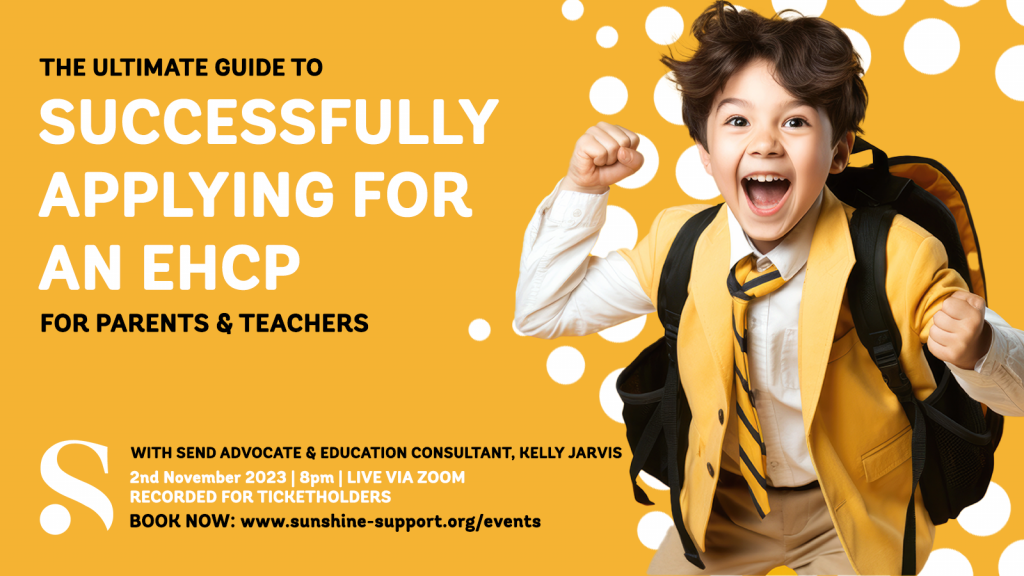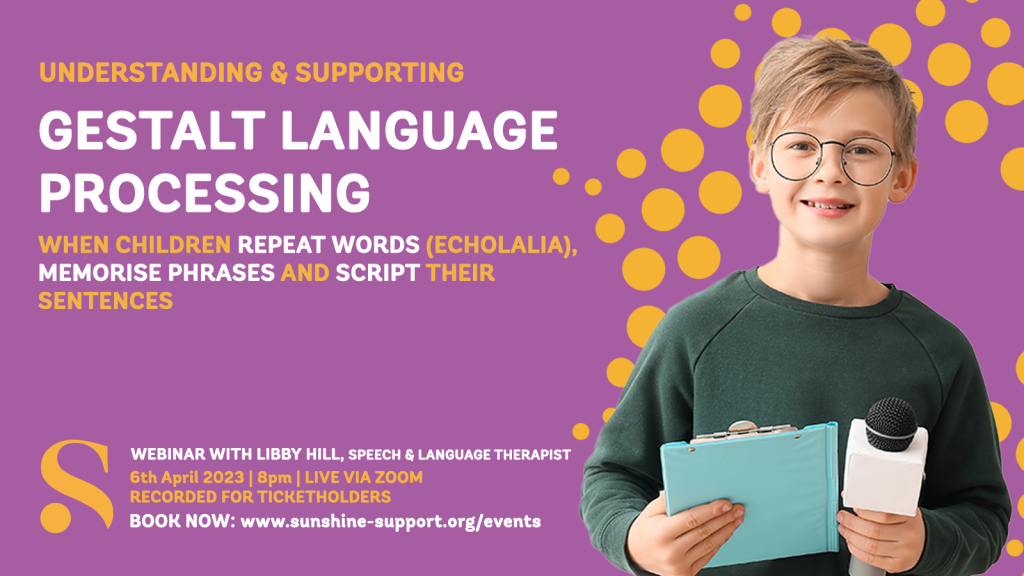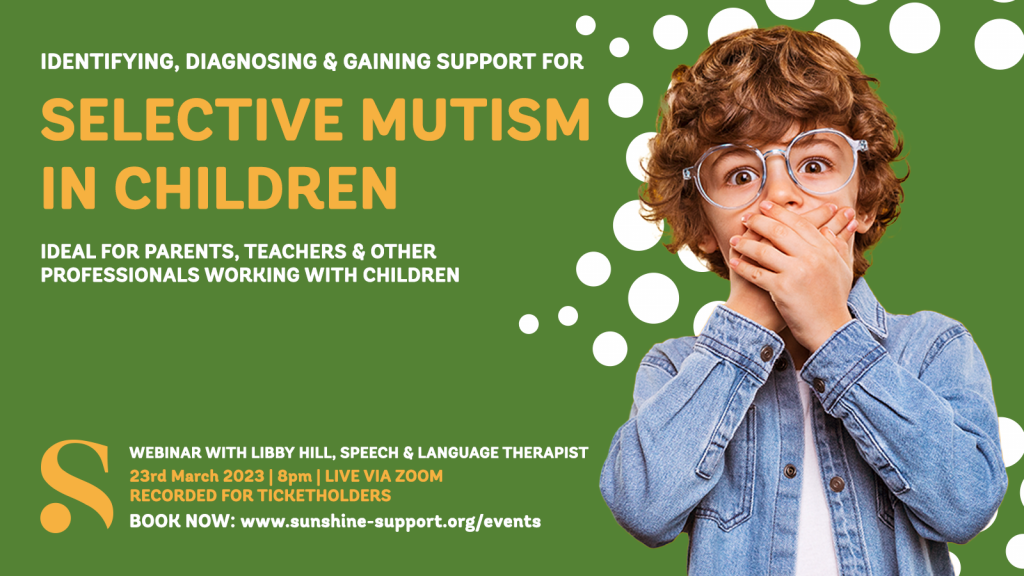As we learn more about our children’s neurodiversity, many of us come to realise that we, too, are very likely to be Autistic…

The science behind genetics is complex and intricate, and not something I am going to pretend I have extensive knowledge on. There are many theories and ideas surrounding neurodiversity and why it occurs, but it is widely believed by many to be a part of our genetic makeup.
There is no life event or environmental factor that can cause someone to become neurodiverse, they just simply already have the relevant genes. In knowing this, it would suggest that if we already have one person in our family who are neurodiverse then we are very likely to have a few more.
The world is changing quite frequently and the acceptance and understanding of neurodiversity is quickly growing. However, if you go back a decade or two, the treatment and attitude towards atypical people was very different. This is perhaps why so many parents go undiagnosed and only contemplate the idea that they might be neurodiverse after their children have been diagnosed.
Recognising the Signs in YOURSELF
If you have read any of my previous work, I am sure you are well versed in this by now, but I think it is important to reiterate that there are many stereotypes and miscomprehensions regarding neurodiversity.
I think the most difficult thing to wrap your head around is that there really is no rigid criteria you have to meet to be autistic or ADHD etc. For example, hypersensitivity is extremely common in people who are autistic but not everyone will experience it in the same way or to the same extent or even at all. This is possibly the reason why so many parents struggle to see any form of difference in themselves.
Vice versa, this could also explain why parents may find it difficult to see any difference in their child, because they seem to be just like them.
Recognising the signs in yourself is not a straightforward process but a complicated journey of self-discovery and acceptance. Of course, this can be extremely frustrating and dehumanising at times, after all why should we need a label to be accepted or understood? In an ideal world, everything would be tailored to the individual and we would have no need for labels. However, as this is not yet the case, being able to put a name to something and justify your differences can be life changing. Being diagnosed in a way gives us the okay to be different and the okay to not fit in and understand the things we think we should.
The Difficulties in Getting Diagnosed
Trauma.
A word that carries so much weight and preconceptions.
Trauma is both complex and unique to the individual. Trauma is also more than often assigned by counsellors/psychotherapists/professionals as the cause of neurological differences, which is incorrect.
Being neurodiverse is a result of genetics, which may be intensified by trauma but not caused because of it. However, it is strongly believed that neurodiversity in some ways does make you more susceptible to trauma which is partly why the two can be confused.
Although more commonly seen in cases regarding autistic women, it is often seen that people are wrongly diagnosed with disorders such as borderline/emotionally unstable personality disorder. These sorts of diagnoses are extremely stigmatised to the point where mental health professionals regularly show little understanding. This can then lead to the wrong approach in handling the disorder. For example, Dialectal Behavioural Therapy is commonly used to treat BPD; however, this type of therapy does not work with people are autistic. The wrong approach can be traumatic in itself.
Neurodiversity is frequently misunderstood and stigmatised.
Above all else, when looking into having a diagnostic assessment is it vital that you chose a professional that truly understands and also has a clear approach to the condition you believe you may have. If you think autism is a possibility for example, you need a professional who is practised in understanding trauma and attachment as well as autism.
We often have this very discussion in our Cuppa&Chats every other Wednesday evening, why don’t you come along and join us? They’re free to attend, and happen over ZOOM (so you can be anywhere in the world!). They’re a wonderful way to ‘find your tribe’ and gain support from likeminded parents and carers.
Therapy, relief and self-acceptance
Far too often is the term “self-forgiveness” used in association to post diagnostic care. It implies that you have done something wrong, but that is not the case.
Instead, we should be focusing on self-acceptance.
Self-acceptance is about including and acknowledging all the parts of ourselves including the bits we do not want others to see. For instance, if we have parts of us that feel jealous of others or angry, we should not condemn them but express them instead. In accepting ourselves it then makes it easier to stop comparing ourselves to others and begin the process of healing.
Having spent some time speaking to parents on various online support groups, the main emotion felt by neurodiverse parents was guilt. The guilt and the feeling of being inadequate as a parent for various reasons such as needing time to retreat and recover or not being able to relate to other people in the way they think they should. This is where the importance of the right post diagnostic care should be highlighted.
Post diagnostic care can be anything from talking therapy to attending support groups, essentially anything that is necessary to provide support. Processing emotion and trauma should not be seen as a luxury or something to be ashamed of but instead as something just as vital as drinking water or breathing.
Assigning blame to yourself, perhaps thinking that you are the one who made your children that way, is just a futile way of thinking. You are not at any fault as that would imply neurodiversity in itself is a fault, which it is not.
You cannot change the past
The past cannot be changed so there is not point focusing on what we could have done differently. Instead, we must look forward and go through the motions in a healthy and delicate way that is suited to our own individual needs.
As always, we are here to support you. Get in touch if you’d like advice or support.







